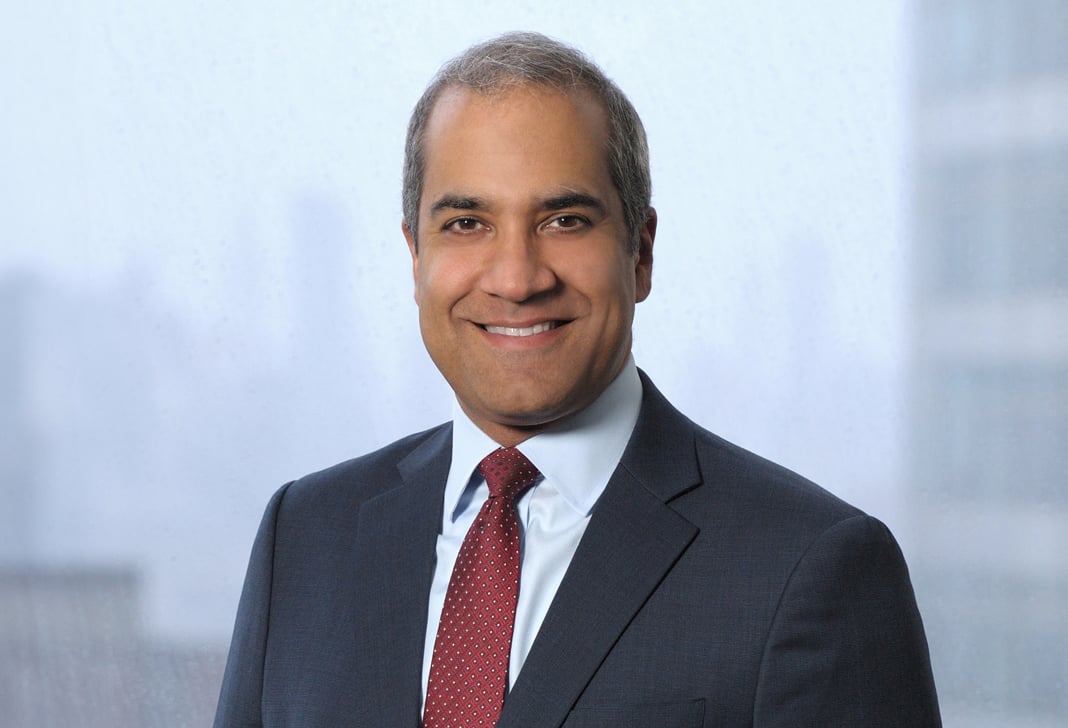
Sixth Circuit Narrows Scope of Anti-Kickback Statute
In Short
The Situation: The Anti-Kickback Statute ("AKS") prohibits a defendant from willfully paying or receiving "remuneration" in exchange for referrals—and, in addition, also specifies that any claims "resulting from" AKS violations are false claims for purposes of the False Claims Act ("FCA"). But the AKS defines neither "remuneration" nor "resulting from"—with courts having divided on the meaning of the latter term.
The Result: In U.S. ex rel. Martin v. Hathaway, the Sixth Circuit held that "remuneration" means "just payments and other transfers of value," as opposed to "any act that may be valuable to another" (the broader interpretation proposed by the relator and the federal government). The court also held that an FCA plaintiff must establish "but-for" causation to prove false claims "resulting from" an AKS violation—which requires showing that a claim "would not have occurred" absent the alleged kickback.
Looking Ahead: The Sixth Circuit's opinion sets forth significant limitations on the scope of prohibited "remuneration" that could prove very helpful to health sector industry participants and others subject to the AKS. The court's invocation of the rule of lenity also could affect the construction of other AKS terms. In addition, the Sixth Circuit's causation holding adds to the circuit split on this issue, with the weight of appellate authority now favoring the but-for standard.
The FCA imposes liability on defendants that submit or cause the submission of false claims. The AKS, in turn, provides that a claim "resulting from" a violation of the AKS is a false claim under the FCA. And a violation of the AKS occurs when a defendant willfully offers, pays, solicits, or accepts "remuneration" to induce referrals of items or services reimbursable under federal health care programs.
This legal framework includes many undefined terms—including "remuneration" and "resulting from," both of which were examined by the Sixth Circuit in Martin. The FCA complaint in Martin—filed by the ophthalmologist Dr. Martin as a qui tam relator—alleged that a Michigan hospital declined to hire her in order to maintain its mutual flow of referrals from a different ophthalmologist, Dr. Hathaway. The relator contended that this hiring decision was improper remuneration, because it was "something of value" given to Dr. Hathaway to ensure that he would continue to refer patients to the hospital. And the relator further contended that claims for services "resulting from" that purported kickback were submitted to Medicare and thus violated the FCA. In an opinion by Chief Judge Sutton, the Sixth Circuit disagreed on both fronts and affirmed the district court's dismissal of the complaint.
The court first held that "remuneration" in the AKS means "just payments and other transfers of value"—and not "anything of value," as the relator and the federal government had argued. The court reviewed dictionary definitions, statutory context, analogous statutes, agency interpretations, and appellate decisions interpreting "remuneration" in similar contexts, which favored this narrower definition. The Sixth Circuit also invoked the rule of lenity, despite the civil setting, because the AKS is a criminal statute and must have the same meaning in civil cases. Applying this narrower understanding, the court held that the hospital's hiring decision was not "remuneration" under the AKS. Even though that decision may have "helped" Dr. Hathaway, the hospital never offered him "anything at all," and there was " no evidence that anyone paid anyone anything or changed the value or cost of any services that otherwise would have been received."
Additionally, the Sixth Circuit joined the Eighth Circuit in holding that claims "result from" an AKS violation, such that they are false claims under the FCA, only if the kickback was a "but-for" cause of the claims. Much like the Eighth Circuit held (as discussed in a previous Commentary), the Sixth Circuit reasoned that the "ordinary meaning" of the phrase "resulting from" requires but-for causation, as per the Supreme Court's 2014 decision in Burrage v. United States. That ordinary meaning controls unless "strong" textual or contextual points show a contrary meaning, but none existed here. The Sixth Circuit rejected the Third Circuit's more lenient requirement of only a "link" between a kickback and a claim. The Sixth Circuit explained that the Third Circuit wrongly relied upon legislative history to construe a statute with criminal applications, because "no one should be imprisoned based on a document or statement that never received the full support of Congress and was presented to the President for signature."
Under this but-for standard, relators must prove that a claim for government reimbursement "would not have occurred" absent an alleged kickback. Applying this standard, the Sixth Circuit held that the relator had not adequately alleged causation. The court reasoned that, for one thing, "independent decisions" of physicians who are not part of the purported kickback scheme "break any plausible chain of causation." For another, "[t]emporal proximity" between an alleged kickback and a claim "by itself does not show causation," and a long stretch of time after a purported kickback—"over seven months," in the relator's complaint—"would create few inferences of cause and effect anyway."
The Sixth Circuit's opinion should prove helpful for all in the health care and life sciences industries whose daily operations require compliance with the AKS. Critically, the court's holdings on remuneration and causation set important limitations on the scope of potential liability in AKS-based FCA cases—and show that these constraints have teeth even at the pleading stage. In addition, the court's analysis underscores the potential importance of the rule of lenity in construing the AKS, which has many ambiguities.
The Sixth Circuit's decision may not be the last word on these issues, however, particularly given the circuit split on causation, and industry participants most certainly will keep a close eye on the case law in this area.
Three Key Takeaways
- The Sixth Circuit's decision in Martin is significant because it is the first appellate decision to define "remuneration" under the AKS, holding that remuneration is limited to "payments and other transfers of value." AKS defendants facing allegations of broad kickback theories should try to leverage this holding.
- The Sixth Circuit's holding that claims can "result[] from" kickbacks only when there is but-for causation deepens a circuit split, joining the Eighth Circuit in explicitly rejecting the Third Circuit's more lenient "link" standard. This, too, should be helpful to defendants in AKS-based FCA cases.
- The Sixth Circuit's use of the rule of lenity is an important reminder of the potential value of this interpretive principle in AKS-based FCA cases.








